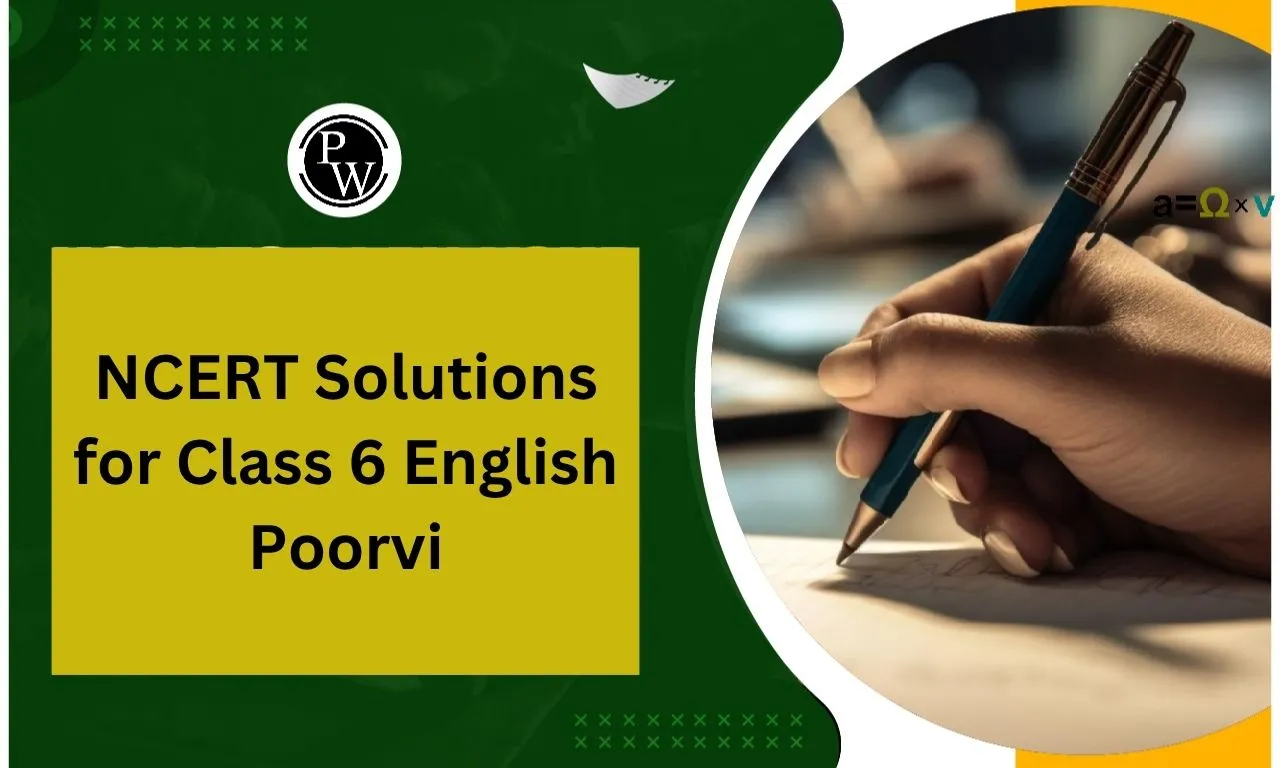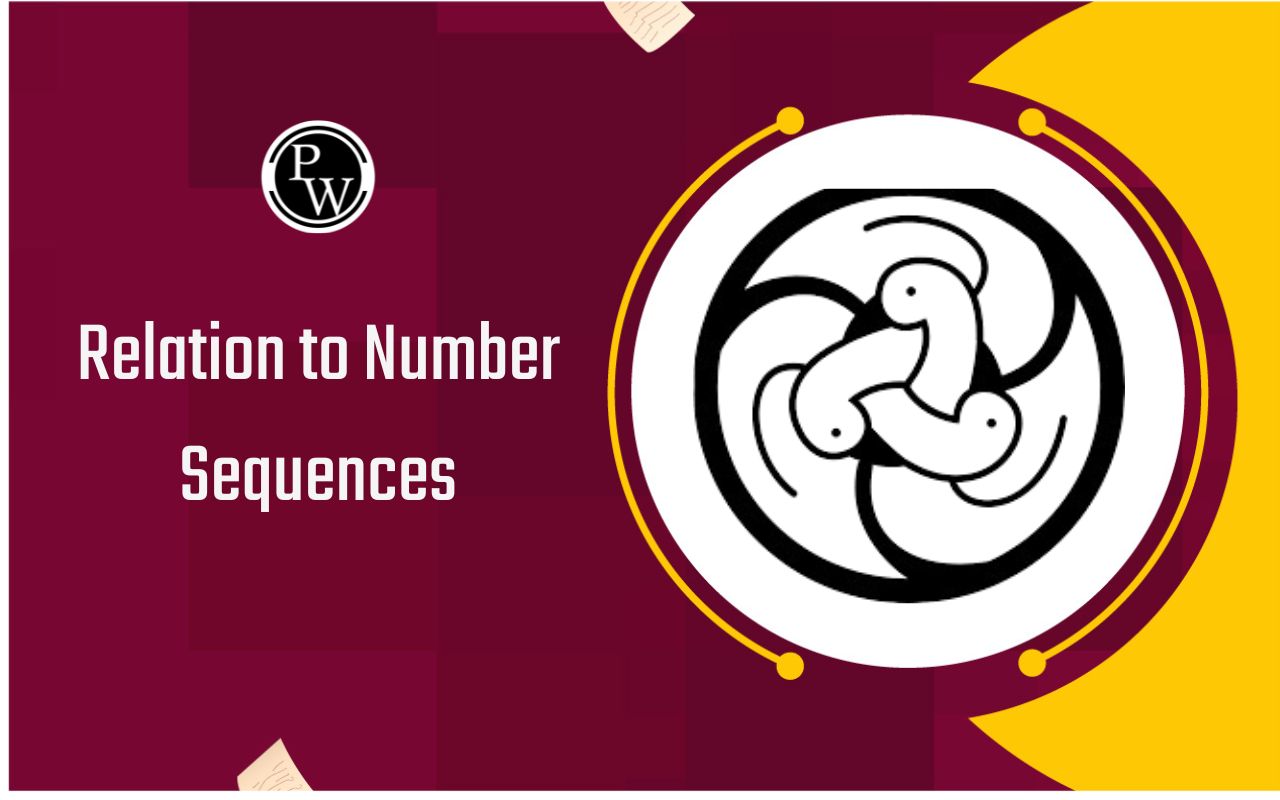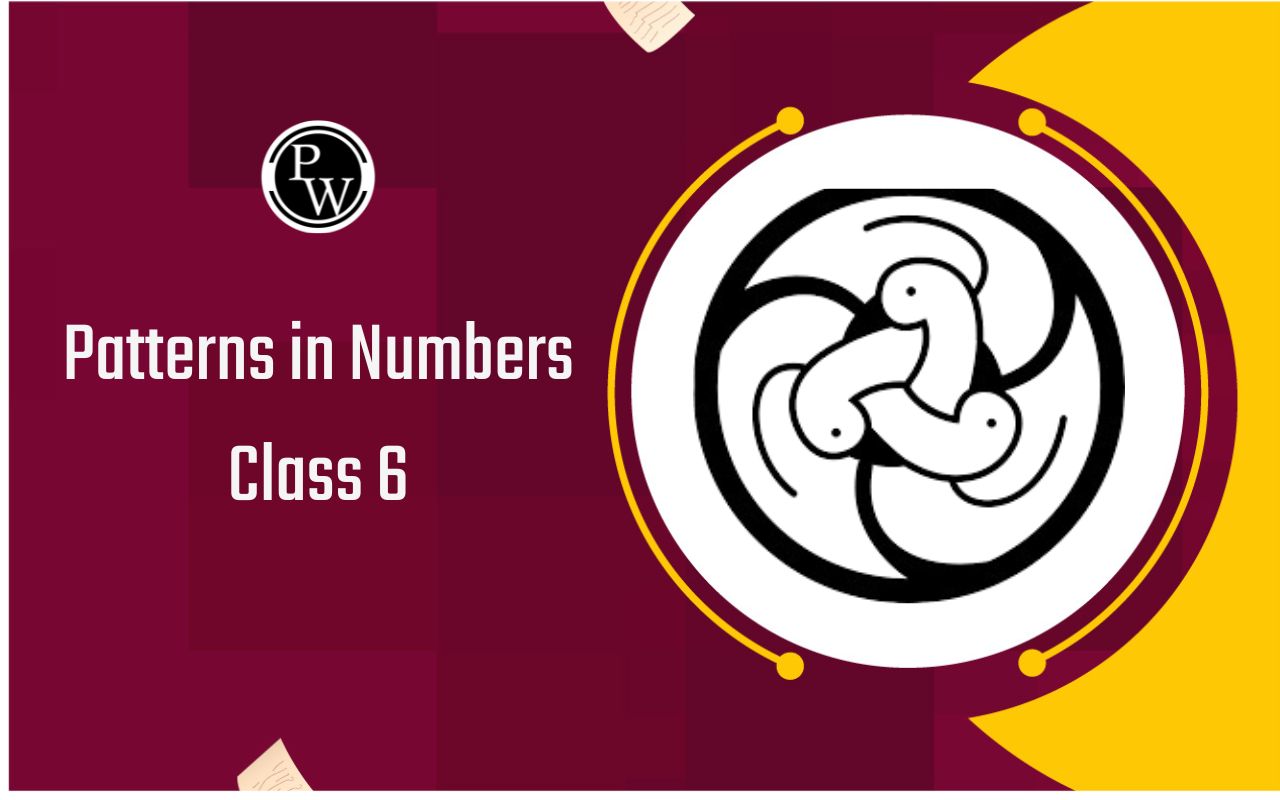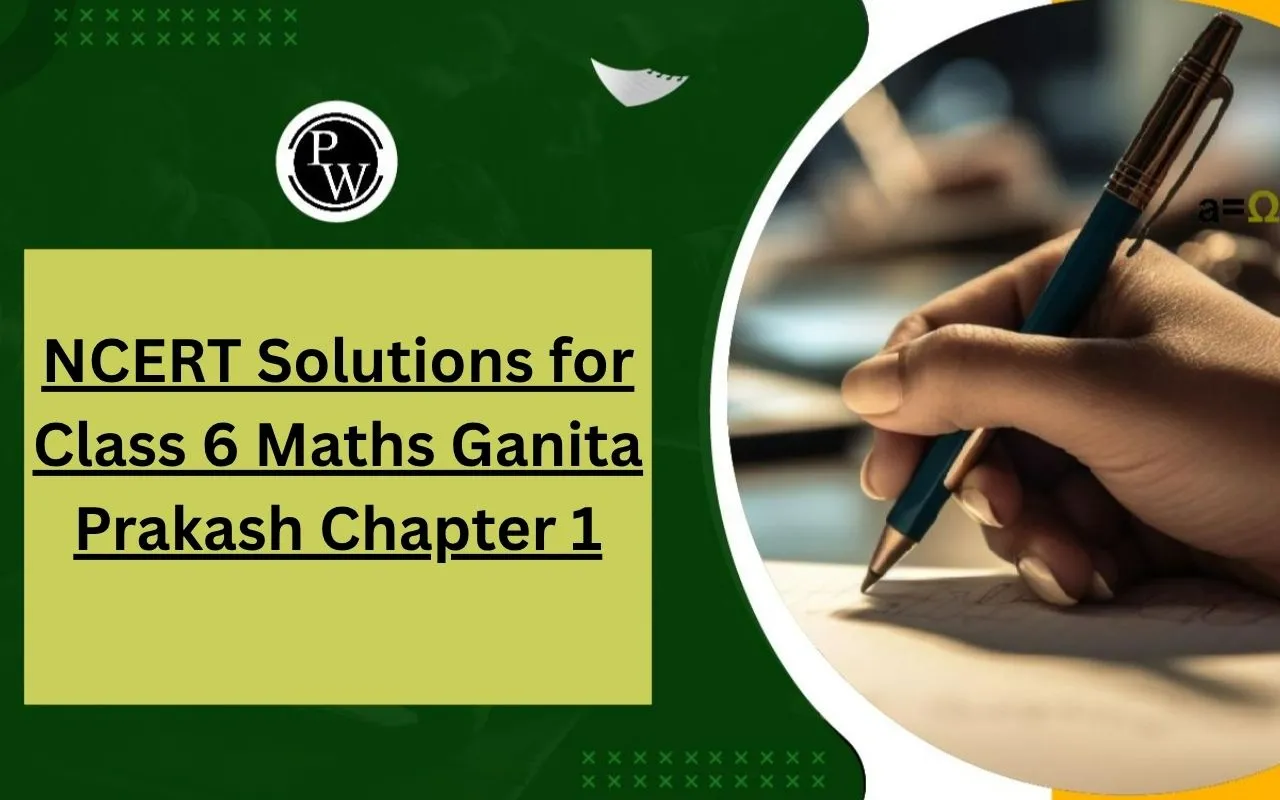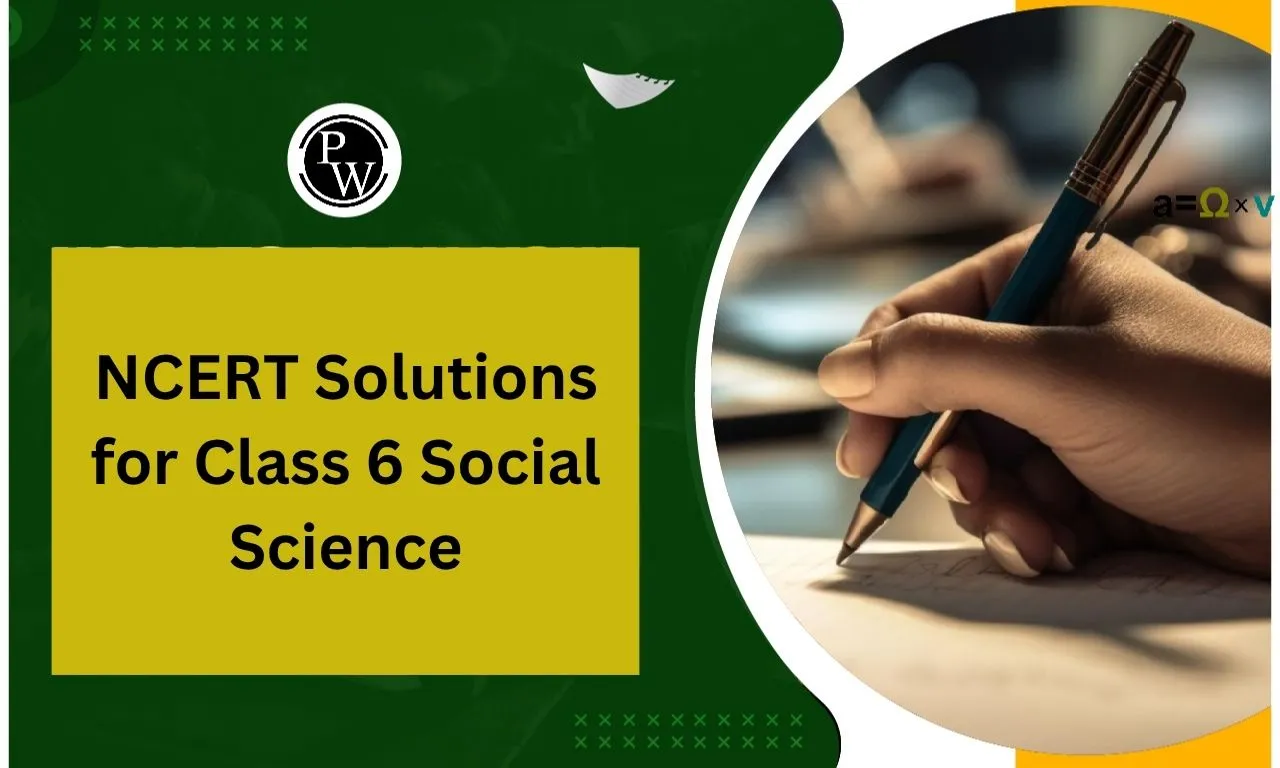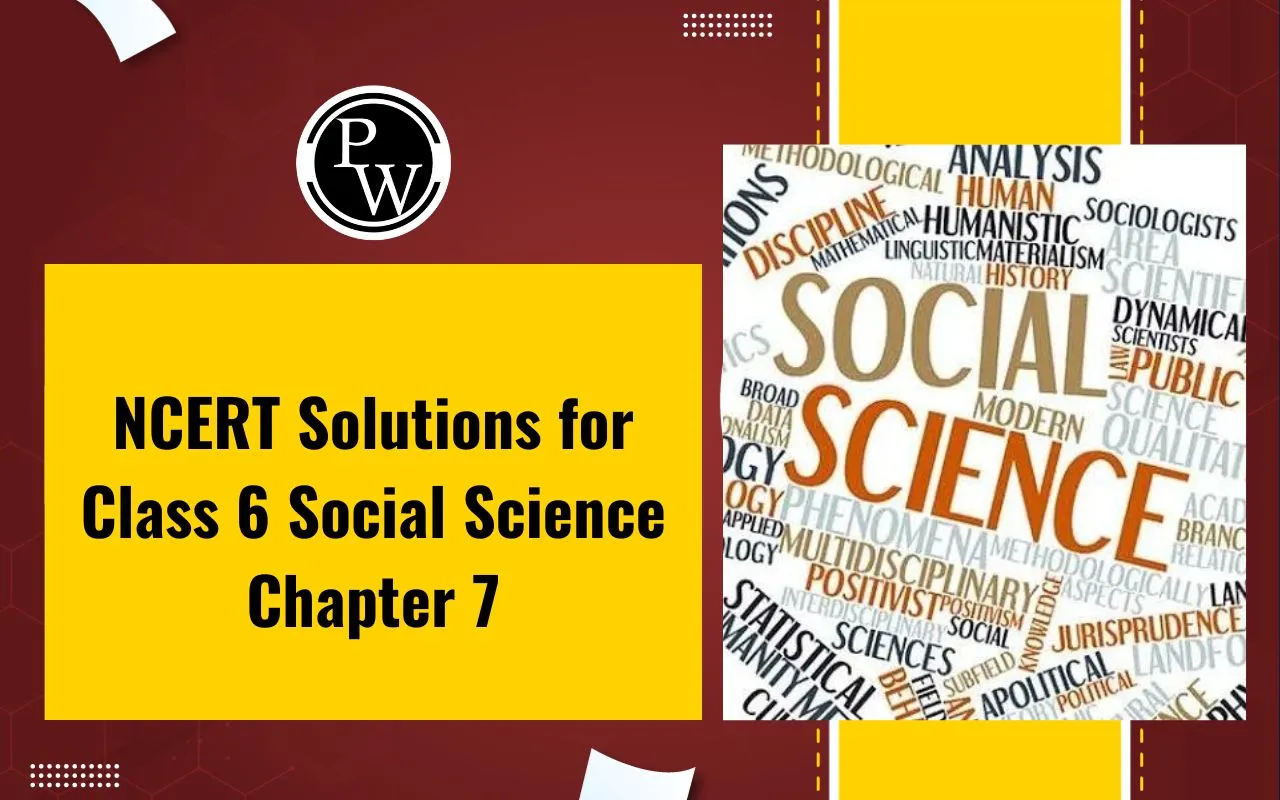
NCERT Solutions for Class 6 English Honeysuckle Chapter 7
NCERT Solutions For Class 6 English Honeysuckle Chapter 7 : Fair play and good sportsmanship are important lessons that we learn from a young age. Chapter 7 of the Honeysuckle textbook, titled "Fair Play", tells the heartwarming story of a cricket match between two village teams that highlights these very values. While competitive spirits run high during matches, true victory comes from accepting both wins and losses with grace and humility. In this blog post, we will provide a summary of the key events in the story as well as discuss some of the important questions addressed in NCERT's accompanying lesson for this chapter.NCERT Solutions for Class 6 English Honeysuckle
NCERT Solutions for Class 6 English Honeysuckle Chapter 7 Overview
Explore the significance of Class 6 English Honeysuckle Chapter 7 through our meticulously crafted NCERT Solutions. As a pivotal chapter likely to feature in the final examination, understanding its nuances is crucial for Class 6 students. At Physics Wallah, we have endeavored to provide comprehensive support with NCERT Solutions for Class 6 English Honeysuckle Chapter 7 - Fair Play. Our adept team of professional teachers has curated these solutions to facilitate a better grasp of the chapter's underlying concepts. These NCERT solutions are available in a user-friendly PDF format, presenting the content in a language that is easily comprehensible. To enhance convenience, students can effortlessly download the NCERT Solution for Class 6 English Honeysuckle Chapter 7 PDF through the provided link. This enables them to study comfortably in their own space, minimizing distractions and fostering a focused learning environment.NCERT Solutions For Class 6 English Honeysuckle Chapter 5
NCERT Solutions for Class 6 English Honeysuckle Chapter 7 Fair Play
Let's delve into the key concepts of NCERT Solutions for Class 6 English Honeysuckle Chapter 7 - Fair Play: 1) Friendship and Moral Dilemmas:- The chapter revolves around the friendship between Jumman Shaikh and Algu Chowdhry.
- Students are prompted to reflect on scenarios where a friend might engage in wrongdoing and question whether they should support or confront their friend.
- The theme of justice and fairness is central to the narrative, as the characters grapple with issues of honesty and integrity.
- The story prompts students to consider the importance of standing up for what is right, even if it means challenging a friend.
- The consequences of actions, especially when they involve moral choices, form an integral part of the chapter.
- Students are encouraged to think about the potential outcomes of decisions and actions in terms of friendships and personal integrity.
- Effective communication and resolution play a crucial role in the story. It underscores the significance of discussing problems openly and finding solutions to maintain relationships.
- The narrative serves as a reflection of moral dilemmas that individuals may encounter in their daily lives.
- It encourages students to think critically about the ethical aspects of situations they might face.
NCERT Solutions for Class 6 English Honeysuckle Chapter 6
NCERT Solutions for Class 6 English Honeysuckle Chapter 7 Questions and Answers
Here are the questions and answers for NCERT Solutions for Class 6 English Honeysuckle Chapter 7 - Fair Play: 1) Why did Jumman Shaikh go to the other villagers? Answer: Jumman Shaikh went to the other villagers to seek their help and advice in choosing a headman for the village. 2) What did he have to prove to become the headman? Answer: Jumman had to prove that he was a fair and just person to become the headman. 3) What was the complaint against Jumman? Answer: The complaint against Jumman was that he had unjustly thrown his old aunt out of the house. Tick the correct answer: 4) Jumman's aunt depended on him for: (a) Company (b) Money (c) Both Answer: (c) Both 5) Natu consulted the Panchayat to: (a) Teach Jumman a lesson (b) Punish Jumman (c) Help Jumman’s aunt Answer: (c) Help Jumman’s aunt 6) Natu wanted the Panchayat to help him because he: (a) Loved his sister (b) Was scared of his sister (c) Wanted to get rid of his sister Answer: (b) Was scared of his sister Discuss the following questions in detail: 7) Why do you think the Panchayat believed Natu and not Jumman? The Panchayat believed Natu over Jumman because Natu was clever and knew how to manipulate situations. He presented his case in a way that made Jumman appear guilty of mistreating his old aunt. Natu's portrayal of Jumman as an oppressive and unjust person influenced the Panchayat's decision.NCERT Solutions for Class 6 English Honeysuckle Chapter 1
8) Do you think Jumman was a good choice for headman? Why/Why not? The suitability of Jumman as a headman is subjective. On one hand, Jumman was known for his fairness and justice, as evidenced by his selection as headman. However, his actions in the case of his aunt raise questions about his judgment. If he had thoroughly investigated the matter before taking any action, the situation might have been different. So, while Jumman had qualities that made him a good choice, his handling of the aunt's case brings some doubt to his suitability. 9) What, in your opinion, is the story trying to say about fairness and justice? The story underscores the importance of fairness and justice in decision-making. It highlights the consequences of not thoroughly examining a situation before passing judgment. It suggests that a fair and just leader should consider all perspectives and evidence before making decisions. Additionally, the story reflects on the complexity of human relationships and the challenges of maintaining justice within a community. 10) How did Jumman Shaikh initially feel about being chosen as the headman? Jumman Shaikh initially felt proud and honored to be chosen as the headman. He believed it was a significant position that brought prestige to him. 11) What role did Natu play in creating a conflict between Jumman and his aunt? Natu instigated the conflict by sowing seeds of doubt and suspicion in Jumman's mind. He convinced Jumman that his aunt was planning to take the case to the Panchayat, creating distrust. 12) What made Jumman realize that he was not a good choice for the headman's position? Jumman realized his inability to handle the responsibilities of the headman's position when he faced a dilemma involving his aunt. He felt torn between family loyalty and the duties of his role. 13) Why did Jumman's aunt refuse to go back to his house even after the Panchayat's decision? Jumman's aunt refused to go back because she felt betrayed and humiliated. Despite the Panchayat's decision in her favor, the injustice she faced and the public humiliation were too much for her to forgive.
NCERT Solutions for Class 6 English Honeysuckle Chapter 8
Long Answer Questions: 14) Explain the consequences of Jumman's decision to throw his aunt out of the house without a fair investigation. How did it impact his reputation? Jumman's hasty decision to throw his aunt out without a fair investigation led to severe consequences. His reputation suffered as the entire village viewed him as unjust and heartless. The incident tarnished his image, causing remorse later. 15) Do you think Natu's actions were justified in seeking the Panchayat's help? Provide reasons for your opinion. Natu's actions were not entirely justified. While seeking Panchayat's help is reasonable for dispute resolution, Natu's manipulation and deceit to worsen the conflict were unjust. He exploited the situation for personal gain. 16) Discuss the theme of justice and fairness as portrayed in the story. How does the narrative emphasize the importance of these values in a community? The story highlights the importance of justice and fairness in a community. It shows that an unjust decision can lead to severe consequences, affecting relationships and the community's harmony. Fairness is crucial for maintaining trust and order. 17) If you were a member of the Panchayat, what alternative steps could you suggest to resolve the conflict between Jumman and his aunt? As a Panchayat member, I would propose a thorough investigation, involving both parties and any relevant witnesses. Mediation and counseling could also be employed to facilitate communication and understanding.NCERT Solutions for Class 6 English Honeysuckle Chapter 2
18) Reflect on situations in your own life or in society where misunderstandings could be avoided through fair judgment. How can individuals contribute to promoting fairness and justice in their communities? Misunderstandings can be avoided through open communication and a willingness to listen. Individuals can contribute by promoting empathy, encouraging dialogue, and actively participating in community dispute resolution mechanisms. 19) How does the story challenge the notion of blindly trusting appearances? Discuss instances where people's perceptions might be misleading, and a deeper investigation is necessary. The story challenges the idea of blindly trusting appearances by showcasing that initial impressions can be deceptive. Instances where gossip or rumors lead to misunderstandings emphasize the need for a deeper investigation before forming judgments.NCERT Solutions for Class 6 English Honeysuckle Chapter 9
NCERT Solutions For Class 6 English Honeysuckle Chapter 7 Exercise Questions
Match the sentences: I- Jumman & Algu were the best friends.
- Jumman’s aunt moved her property to him.
- In the absence of one, the other took care of his family.
- The situation was that he would be responsible for her welfare.
- Jumman and Algu were the best friends. (In the absence of one, the other take care of his family.)
- Jumman’s aunt moven her property to him. (The situation was that he would be responsible for her welfare.)
NCERT Solutions for Class 6 English Honeysuckle Chapter 3
Answer the following questions. 1) "The circumstances took a turn." What is being referred to? The circumstances of Jumman's aunt in his household changed. Initially, she was being cared for, but a shift occurred, and she began to face ill-treatment. 2) When Jumman's aunt acknowledged that she was unwelcome in his house, what proposal did she make? She proposed receiving a monthly allowance from Jumman as she could no longer endure the insult. She desired to cook separately. 3) What was the villagers' response when the aunt presented her case to them? The villagers responded with a mix of emotions. Some sympathized with her, some laughed, and others suggested she reconcile with Jumman and his wife. 4) Why was Jumman pleased about Algu's appointment as head Panch? Jumman was pleased because Algu, his friend, was nominated as head Panch, and Jumman believed that Algu would not deliver a judgment against him. 5) "God lives in the heart of the Panch," the aunt said. What did she mean? She intended to remind Algu that the Panch holds a position akin to God, emphasizing the need for impartiality. The Panch should be just and fair. 6) What was Algu’s decision as head Panch, and how did Jumman react? Algu rendered a verdict that astonished Jumman. He directed Jumman to provide a monthly allowance to his aunt. Jumman was deeply upset and began to view Algu as his adversary. 7) Algu found himself in a dilemma. What predicament did he face? Algu had sold a bullock to Sahu, who promised to pay for it within a month. However, the bullock died within that period. Algu found himself in a tight spot when Sahu refused to compensate for the deceased bullock. 8) Why was Algu distressed about Jumman's appointment as head Panch? Algu was distressed because he was certain that Jumman would seek retribution for the prior judgment Algu had given. 9) What was Jumman’s judgment as head Panch, and how did Algu respond? Upon becoming head Panch, Jumman contemplated seeking revenge. However, realizing his position demanded impartiality, he decided that Sahu should pay Algu the amount for the bullock. Algu was ecstatic about the verdict, proclaiming it as the victory of the Panchayat.1 0) Which of the following best summarizes the story?
"Let no one deviate from the road of justice and truth for friendship." Reason for the choice: This choice encapsulates the essence of the story by highlighting why Jumman and Algu refrained from delivering unjust verdicts in their roles as Panch. It underscores the importance of upholding justice above personal relationships.NCERT Solutions for Class 6 English Honeysuckle Chapter 10
Language Questions
1. Replace the italicized portion of every sentence below with a relevant phrase from the box. Make required changes, wherever required.
- The perfect way to avoid an unnecessary argument is to keep mum.
- He has been told not to take chances while driving a car through a crowded street.
- When I watch a pile of dirty dishes, my heart sank.
- He has been told not to take chances while driving a car through a crowded street.
- It will ease my conscience to understand that I had done nothing wrong.
- As ill luck would have it, the train I was attempting to catch was cancelled.
- I was in a tight spot till my friends came to my rescue.
- Why don’t the two of you make it up by shaking hands?
- The patient needs to be properly looked after.
- Why don’t you___________your ideas on paper?
set down
- A fund has been _________ for the soldiers’ families.
set up
- We should _______ a little money every month.
set aside
- You should buy some woolens before winter ___________.
sets in
- They_____________on the last stage of their journey.
set out
NCERT Solutions for Class 6 English Honeysuckle Chapter 4
NCERT Solutions For Class 6 English Honeysuckle Chapter 7 PDF Download
NCERT Solutions for Class 6 English Honeysuckle Chapter 7 offer a comprehensive and effective way for students to enhance their understanding of the language. From detailed explanations to engaging activities, these solutions cater to every type of learner. The downloadable PDF format also makes it convenient for students to access the solutions at any time and from anywhere. However, if you're looking for even more resources to supplement your learning, we highly recommend checking out Physics Wallah notes and solutions. Their extensive collection of study materials and interactive video lectures make learning fun and easy. So don't wait any longer - take advantage of these amazing resources today and watch yourself excel in English! Remember, education is a continuous journey and with the right tools, you can achieve greatness in no time. So let's work together towards academic success!NCERT Solutions For Class 6 English Honeysuckle Chapter 7 PDF Download
NCERT Solutions For Class 6 English Honeysuckle Chapter 7 Fair Play Summary
Chapter 7 of Honeysuckle, titled "Fair Play," intricately weaves a narrative around the theme of friendship and moral dilemmas. At its core, the story follows the bond between two friends, Jumman Shaikh and Algu Chowdhry. The narrative unfolds as students are prompted to contemplate scenarios wherein a friend engages in wrongdoing. This introspection encourages them to question whether they should offer support or confront their friend. Justice and fairness emerge as central motifs throughout the narrative. Characters grapple with issues of honesty and integrity, compelling students to weigh the importance of standing up for what is right, even if it entails challenging a friend. The consequences of actions, particularly those involving moral choices, play a pivotal role. Students are prompted to ponder the potential outcomes of decisions, considering their impact on friendships and personal integrity. Effective communication and resolution are critical components of the story. The narrative underscores the significance of open discussions and finding solutions to maintain relationships. The chapter serves as a reflection of moral dilemmas encountered in everyday life, urging students to think critically about the ethical aspects of situations they may face. By grasping these key concepts, students can engage more profoundly with the themes presented in Chapter 7. The narrative fosters a holistic understanding of the moral and ethical dilemmas explored in "Fair Play," encouraging thoughtful reflection on the complexities of friendship and the pursuit of justice.NCERT Solutions for Class 6 English Honeysuckle Chapter 7 FAQs
What is the central theme of Chapter 7 - Fair Play in the Honeysuckle textbook?
Why does Jumman feel happy about Algu becoming the head Panch?
What dilemma does Algu face as the head Panch?
How does Jumman react to Algu's judgment as the head Panch?
What message does the story convey to the readers?


